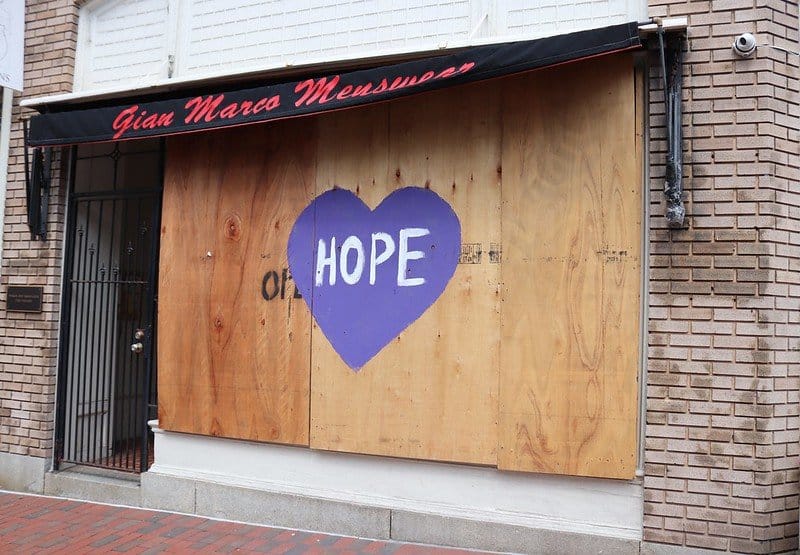Three great stories we found on the internet this week.
Spinning forward
Wind power is booming, but large-scale wind farms often face local opposition — in part, because they’re not always generating energy for the community they’re built in. Smaller wind farms are less intrusive, but they don’t pack as much punch, and building lots of them one by one is an onerous task.
A unique partnership between New England startup Pecos Wind Power and the Vermont Public Power Supply Authority (VPPSA) seeks to achieve the benefits of large-scale wind, but through smaller, community-based projects. The VPPSA, a cooperative of locally owned electric utilities, will create little clusters of small-scale turbines throughout its members’ towns. The cooperative will then buy the collective energy from Pecos and sell it to its members. Any town that’s a member can buy as much energy from the project as it wants, whether it comes from their own turbines or other ones. Effectively, the partnership is building one big wind farm, but in smaller chunks scattered across the state, and collecting the energy from all of them into one pool everyone can dip into.
“If you can directly correlate the benefit of the project to the community, then the community will be a bit more receptive to it,” said a VPPSA spokesperson. The project is expected to begin rolling out next year.
Read more at Energy News Network
Board approved
2020 was a big year for plywood in America. During pandemic-related lockdowns, civil unrest and the aftermath of the attack on the U.S. Capitol, businesses across the country boarded up their windows. Many of those boards have since come down. Unless they’re specifically intercepted, most will probably end up in a landfill.

To stop this from happening, the non-profit ReUSE Minnesota teamed up with the University of Minnesota to form the Twin Cities Plywood Rescue program. Volunteers canvassed local businesses, scouring for plywood boards about to be discarded and redirecting them to places that could use them. The project has acquired over 600 boards, which have ended up everywhere from a gym in a local municipal building to a home-construction program in Bolivia. Another Twin Cities initiative called Settled plans to use the plywood to build a tiny-house community for people experiencing homelessness.
“This riot wood was once put up in fear and anxiety, and now it’s being repurposed and reused to build a hopeful future,” said the cofounder of Settled.
Read more at Bloomberg CityLab
Even split
A divorce court in China has ordered a man to pay his wife $7,700 for the household chores she did while they were married.
Crushed by negative news?
Sign up for the Reasons to be Cheerful newsletter.It’s the first such claim under China’s new civil code, which stipulates that raising children, doing chores or caring for elderly relatives is “work” that a spouse can seek compensation for in a divorce. The plaintiff in the case argued that her husband “didn’t care about or participate in any kind of chores around the house” during their five-year marriage. In response, the judge ruled that “housework may constitute intangible property value … not reflected among their physical assets.”
While hailed as a win for spouses who maintain the home while the other one is employed, some respondents to an online survey about the case aren’t ready to celebrate yet: 93 percent of them felt the plaintiff deserved more than $7,700. “In Beijing, hiring a nanny costs way more than [that],” commented one respondent.







